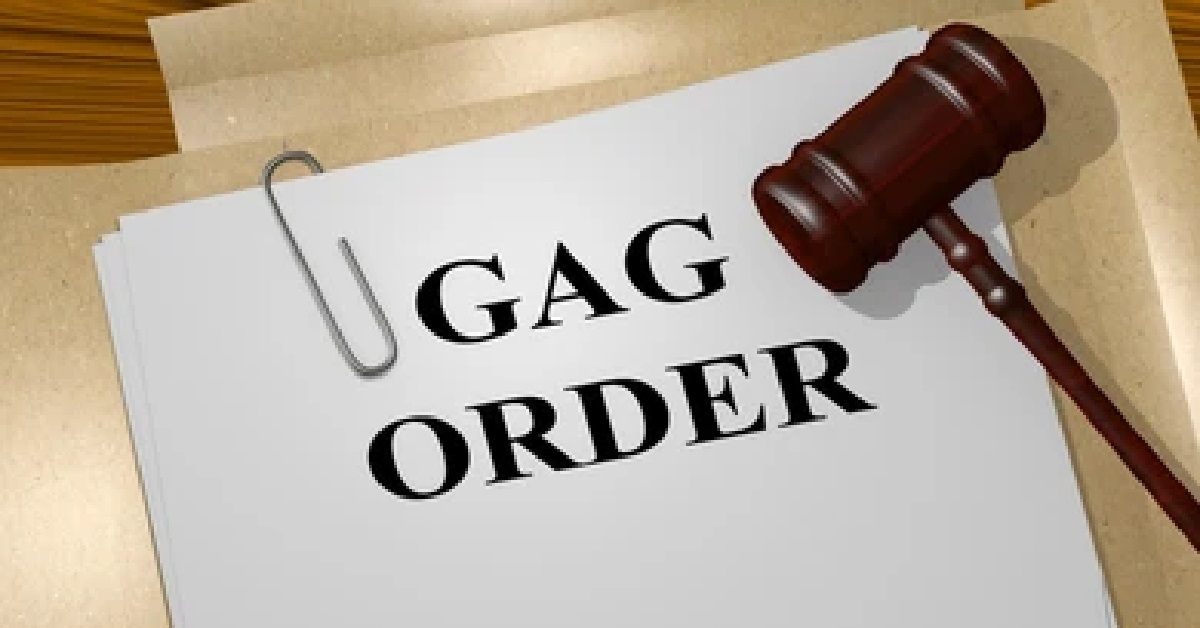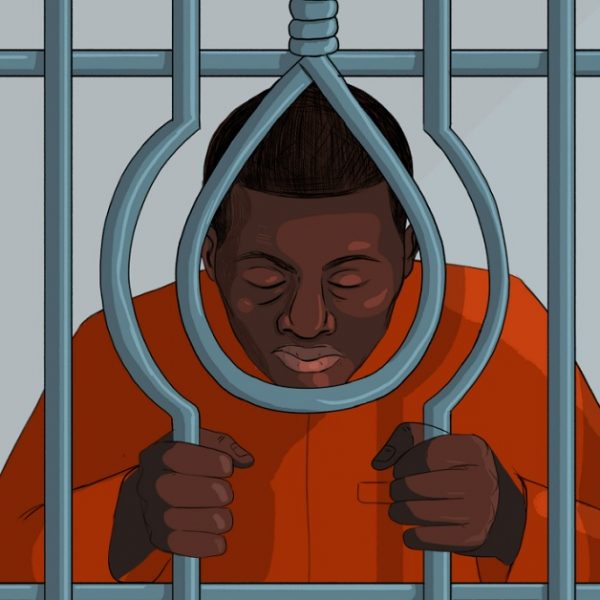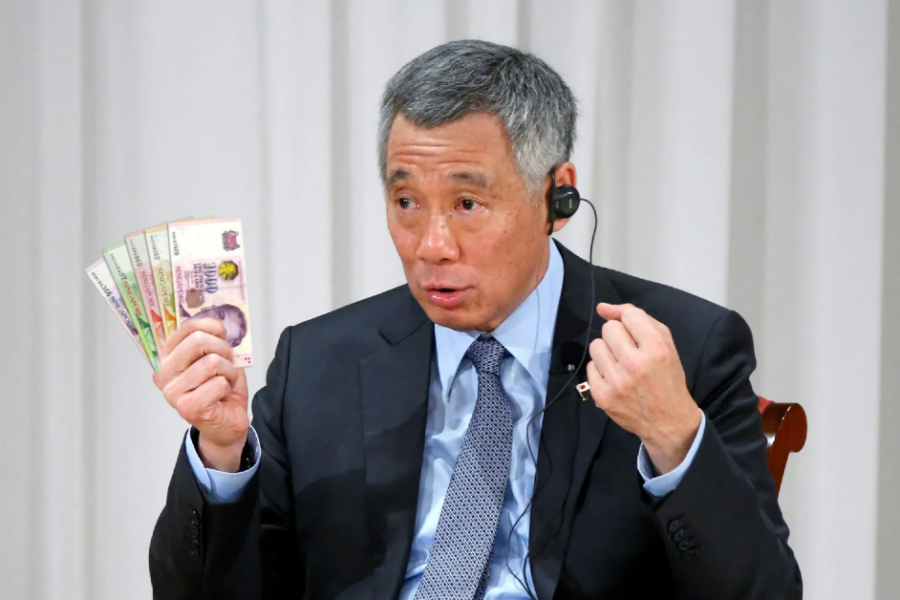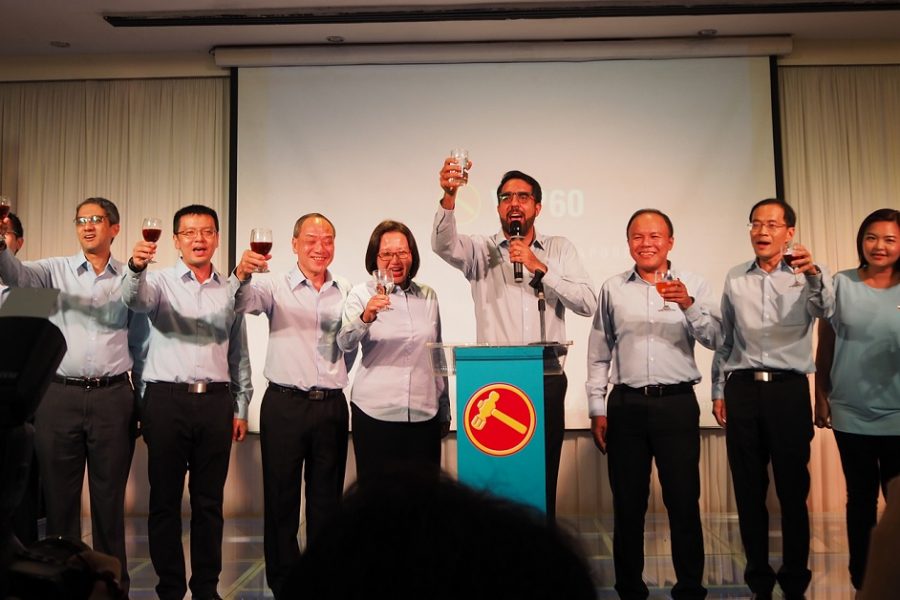[Contributed by Vance] Recently, the case about sex abuse by a prominent Catholic figure brought into question the purpose of gag orders. The Catholic church actually wants Attorney-General’s Chambers (AGC) to partially lift the gag order “for greater accountability and transparency”. However, the AGC did not accede to the request.
“The gag order, which was applied for by AGC and issued by the Court, was specifically to protect the identity of the victims.”
AGC
Do gag orders really protect the victims?
The AGC insists that it protects the victims’ identity. However I’d like to argue that even without identifying the accused, those who are close to the case would be able to guess who they are. This can be anyone, from the students of the offender’s school, to those who attend the same church.
“The gag order covered the identity of the accused because, based on the facts and circumstances of the case, the identification of the accused was likely to lead to the identification of the victims.”
AGC
For those who are not close to the case, naming the accused will not make a difference. This is not a simple case involving a husband and a wife, wherein if you named the husband most people would be able to identify the wife. This is a prominent catholic figure – no one would have access to the list of all church attendees or students at his school. Even if they do, how are they going to identify who these victims are?
Why is naming the accused important?
Firstly, it acts as a deterrent. Most punishments are temporary, whether it is jail time or a recovery programme. If he were named, his reputation will be permanently hurt. I’m surprised that the AGC didn’t use their usual “deterrent” argument in this case.
Secondly, the permanent damage to their reputation is on par with the permanent psychological trauma these offenders inflict on their victims. It is a far better consequence than any jail time or recovery programmes that you put them through.
Thirdly, it encourages other victims to come forward and seek help. One of the reasons why victims of sexual abuse do not seek help is the fear of repercussions. This is especially if the perpetrator is someone of a certain status. Finding out that such an offender has been taken to task will allow other victims of similar circumstances to come forward. That is how the #MeToo movement came about in the first place.
There are definitely more pros than cons when it comes to naming an accused, especially in a case as such. I find it disappointing that it is the AGC who denied the Catholic Archdiocese’s request to partially lift the gag order.





